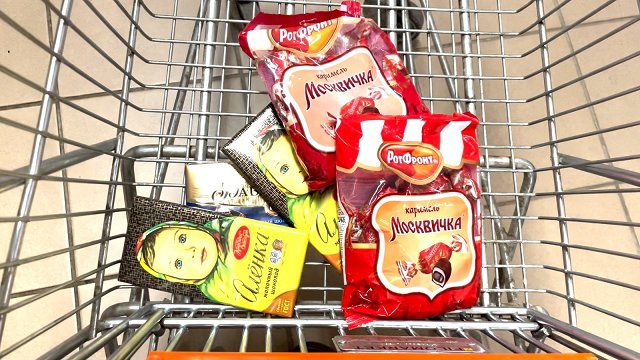The complaint was lodged by competitors. The Trade Commission of the Republic of South Africa reports that “according to the first assessment there is evidence of dumping” and that the local pasta industry is losing profits and employees. Dobeles dzirnavnieks has been given a period of time until 27 October for the submission of arguments. Dobeles dzirnavnieks denies the accusations of dumping.
According to LSM.lv, Dobeles dzirnavnieks – one of the food industry leaders of Latvia, including the largest producer of flour and pasta products – received questions as part of an investigation by the South African supervisory body. The company's consolidated turnover was €133 million last year, with a profit of €4.8 million. Most of the turnover (59%) consists of exports to more than 70 countries, the main export production is flakes, pasta, flour and semolina of durum wheat varieties.
“This kind of experience that a foreign regulator is examining if we don't deal with dumping is a first,” the company's public relations spokeswoman Zanda Lūse said to LSM.lv.
On 18 September, International Trade Administration Commission (ITAC) of South Africa, headquartered in Pretoria, launched an anti-dumping investigation into imports of pasta products from four countries, Latvia, Lithuania, Egypt and Turkey. Company names are not publicly revealed.
The investigation was initiated following complaints from four African producers. It concerns imports into the markets of the five countries of the South African Customs Union (SACU).
Dumping is normally referred to the sale of a product at a price which has been deliberately determined to be significantly lower than on the market, in some cases even causing loss to the seller.
The company's management denies the accusations and considers the reason for the complaint to be “protection” of the market.
Dobeles dzirnavnieks could not reveal the extent of pasta exports. “A big market with great potential,” said the public relations spokeswoman. “We've been working in South Africa for five years. After first reviewing the documents sent to us, it looks as if they were misinterpreting the price data. There are very similar customs codes, distinguished only by the final digits of durum pasta and pasta from common wheat varieties. But they are two different products with different prices. It's probably a misunderstanding.”
“We have received a request for information on the mechanism for price formation of import products. Since the request for such information was received not only by producers and exporters in Latvia but also in Lithuania, Turkey and Egypt, we consider that such market research initiated by local producers of the Republic of South Africa is intended to protect the domestic market from import production. Dobeles dzirnavnieks has a common pricing policy in all export markets, so providing the necessary information does not create any difficulties for us,” said Kristaps Amsils, Chairman of the Board of Dobeles dzirnavnieks, in writing.
The complainant companies found that the “margin of dumping” (i.e. the discount from the “normal” price) for pasta imports from Latvia was 68%.
The companies indicated that dumping resulted in a decrease in profits, cash flow, market share, employee numbers and return on investment in 2017-2019. The authority is now preparing to assess the amounts of the damage.
In order to obtain the necessary information, the Commission will contact exporters from Latvia, Lithuania, Turkey and Egypt, as well as trade representatives of these countries.
Dobeles dzirnavnieks considers its prices adequate and is prepared to show it in figures.




























